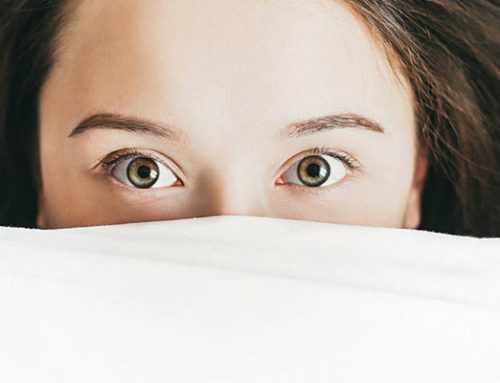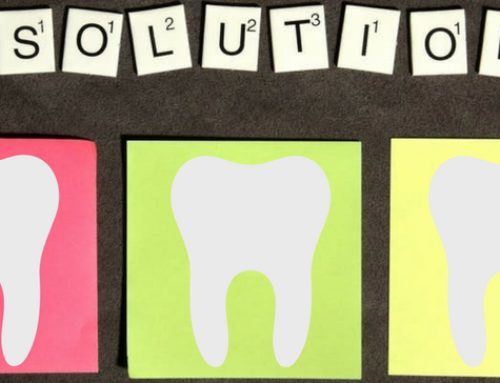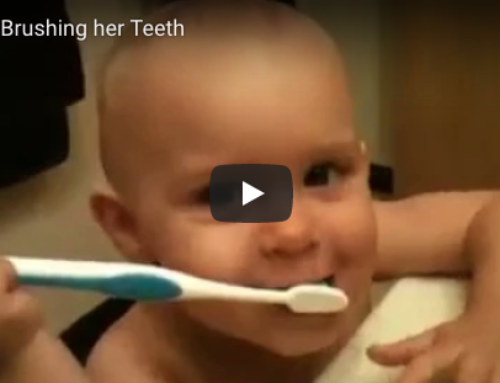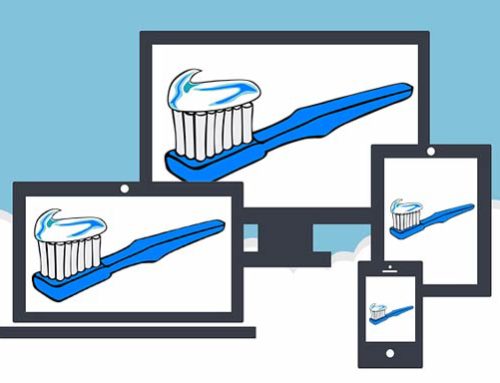 Dental phobia is a real thing. Studies have shown that up to 50 percent of people avoid dental care due to fear and anxiety. Usually, this condition stems from a prior experience with a dentist at a time years ago when dental procedures were often more uncomfortable due to the technology in use at the time and pain control measures which were not what they are today.
Dental phobia is a real thing. Studies have shown that up to 50 percent of people avoid dental care due to fear and anxiety. Usually, this condition stems from a prior experience with a dentist at a time years ago when dental procedures were often more uncomfortable due to the technology in use at the time and pain control measures which were not what they are today.
Over the years I have encountered many, many patients who are anywhere from mildly anxious to incredibly phobic. Almost always these patients are managed well, and they tolerated their appointments and procedures with ease. In fact, I wish I had a nickel for every time someone said “Hey! That wasn’t that bad” at the end of their appointment.
If you’re nervous or have concerns, please share that with us prior to your visit.
It’s very important that your dentist understand your anxiety and take steps to make your visit as comfortable as possible. Here are a few things that I keep in mind when treating all patients, not just the extremely nervous ones.
I take my time.
Often with nervous patients, our first visit is more of a meet and greet than a clinical appointment. We will examine the situation, maybe take an x-ray or two then talk about what’s going on and what needs to be done about it. In doing this, we can assess what in particular the patient is nervous about and discuss ways to reduce their anxiety.
You are in control.
I let the patient know that they are always in control of the situation during any procedure. I let them know to signal me to stop if they are experiencing any discomfort, need to ask a question or simply want to take a rest.
Distraction
Psychologists might refer to the following as “distraction techniques.“ We try to take the patient’s mind off the situation which helps with relaxation. Much of what we do regarding this is beyond the scope of this article but consider the following.
Keep it light.
We try to keep things light. In general, I would say that our practice is a lively and friendly place. My assistant and I usually chat during procedures and include the patient in our conversations. We listen to music, but if you prefer you can bring your earbuds and tune out on your own. Doing this seems to help a lot of people.
Medication
And then there is medication. Many times, a patient is simply more comfortable if they are prescribed an anxiolytic (anxiety reducing) medicine to take prior to their appointment. This is a very safe and effective measure. If you think it can help, please ask the doctor about it.
And what about kids?
The biggest cause of anxiety with children at the dentist is that their parents project their own fears and anxieties onto their kids. Some parents tell their kids that if they don’t brush their teeth, the dentist is going to drill their teeth in an effort to coerce them into good oral hygiene habits. Obviously, this has a negative effect on the child’s attitude toward going to the dentist. It might be better to say, “if you take good care of your teeth, they will be very healthy, and the dentist will be proud of you for doing such a good job.”
I often tell parents when we’re making an appointment for one of their children “that ignorance is bliss.“ A child that knows he or she is going to have an injection of local anesthetic is much more difficult to manage than one that is naive to the upcoming event. In fact, with an unprimed patient, I can distract the child, administer the anesthetic then simply deny that he had a shot. We tell them that we have hypnotized the tooth and we’re going to take care of the tooth bugs. This approach gets excellent results and we end up having a successful, trauma-free visit.
In summary, remember that many people have some anxiety about going to the dentist, but this anxiety can generally be alleviated through awareness, education, and a good dental environment. Also, let’s not forget about prevention. Getting regular preventative care will make your dental visits much easier as you are less likely to develop problems which require the procedures which cause the anxiety in the first place.





